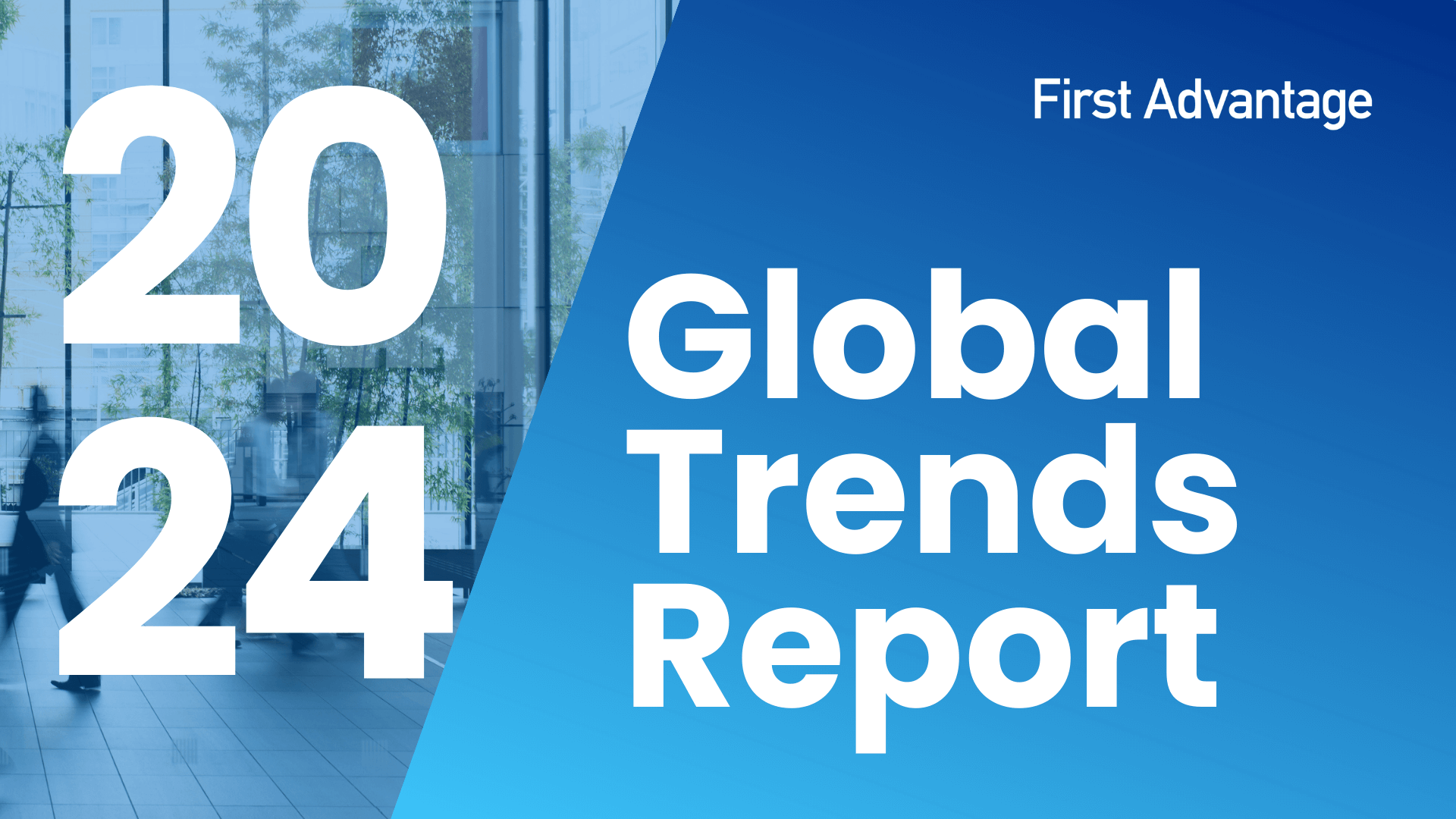Corporate Screening® is a First Advantage Company
Corporate Screening® is now a proud member of the First Advantage family. Leveraging an advanced global technology platform, First Advantage builds fully scalable, configurable screening programs that meet the unique needs of over 33,000 clients across the world.
Corporate Screening® Customer Resources
Current Corporate Screening customers, please access product logins and our customer care/support team through the links below.
To reach an associate by phone, please dial 800-229-8606.
Form I-9 Login
Corporate Screening Customer Care/Support
To contact Corporate Screening Customer Care, please click the button below and connect via live chat. To be directed to the legacy Corporate Screening team, please select one of the following in the “platform” field:
- “Corporate Screening Services – EASE”
- “Verify Students”
- “Small Business – SMB – Background Direct”


